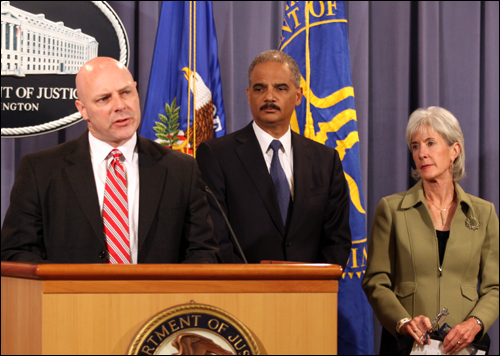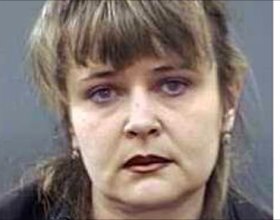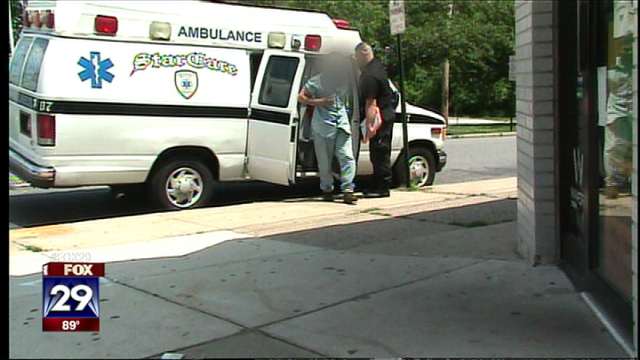Will You Be Sentenced to 25 Years in Jail for Your Los Angeles Medicare Fraud Charges (Like 50-Year Old Yuri Khandrius Might Be?)
Odds are that your Los Angeles Medicare fraud charges are slightly “less intense” than 50-year old Yuri Khandrius’ charges. The Brooklyn resident just pled guilty to a massive fraud scheme — a plan to pilfer over $71 million from Medicare’s coffers.
Last Monday, Khandrius pled guilty before U.S. District Judge Nina Gershon to a slate of charges, including conspiracy to pay kickbacks, healthcare fraud, and conspiracy to commit healthcare fraud. Khandrius and others billed the federal government’s Medicare program for an array of never-provided services, tests, therapies, and office visits. They paid co-conspirators in a place that was literally called the “Kickback Room” – offering up more than 1,000 kickbacks totaling over a half a million dollars, between April and June, 2010. When Khandrius gets sentenced on March 11th, he could face up to 25 years behind bars. If the 50-year old serves his full sentence, that means he would not be released again until the age of 75.
Khandrius did not operate this “Bay Medical” scheme himself. The 15 other defendants include five money launderers, two doctors, and nine employees/owners operators of clinics. Judge Gershon will try five more defendants in January.
 Los Angeles Criminal Defense Attorney Blog
Los Angeles Criminal Defense Attorney Blog









